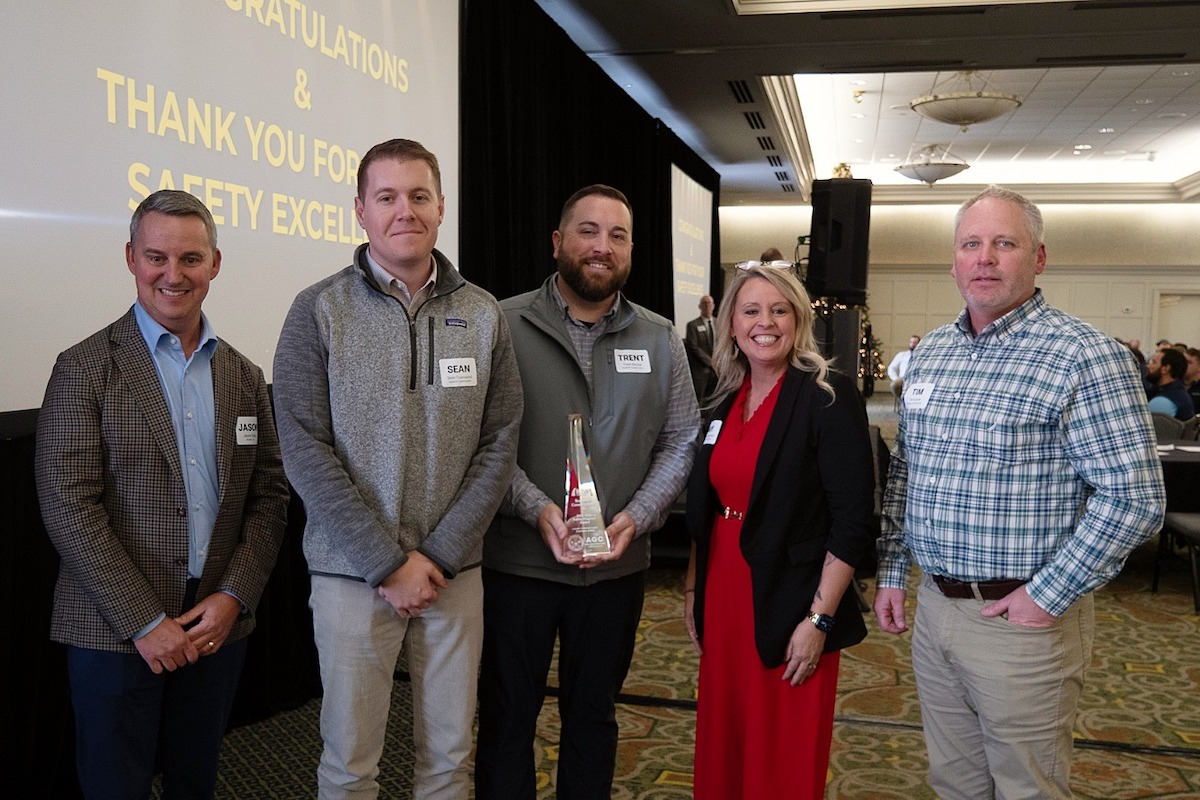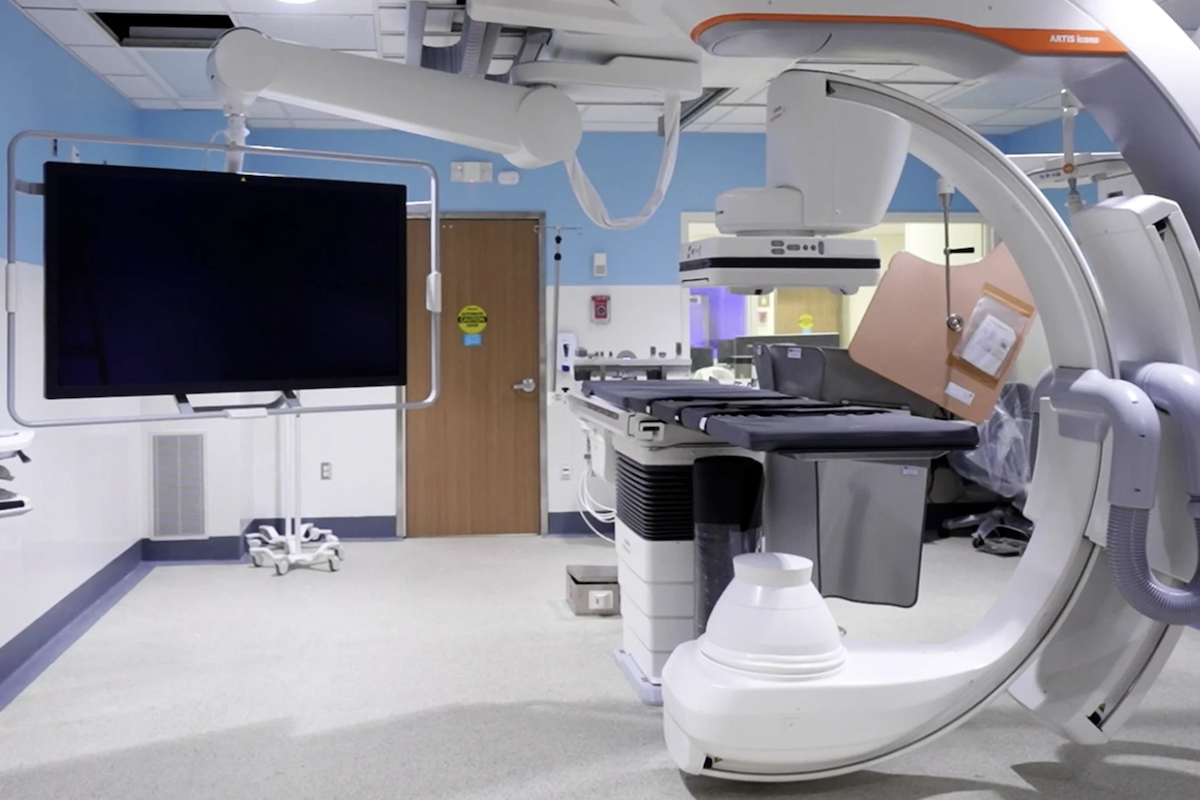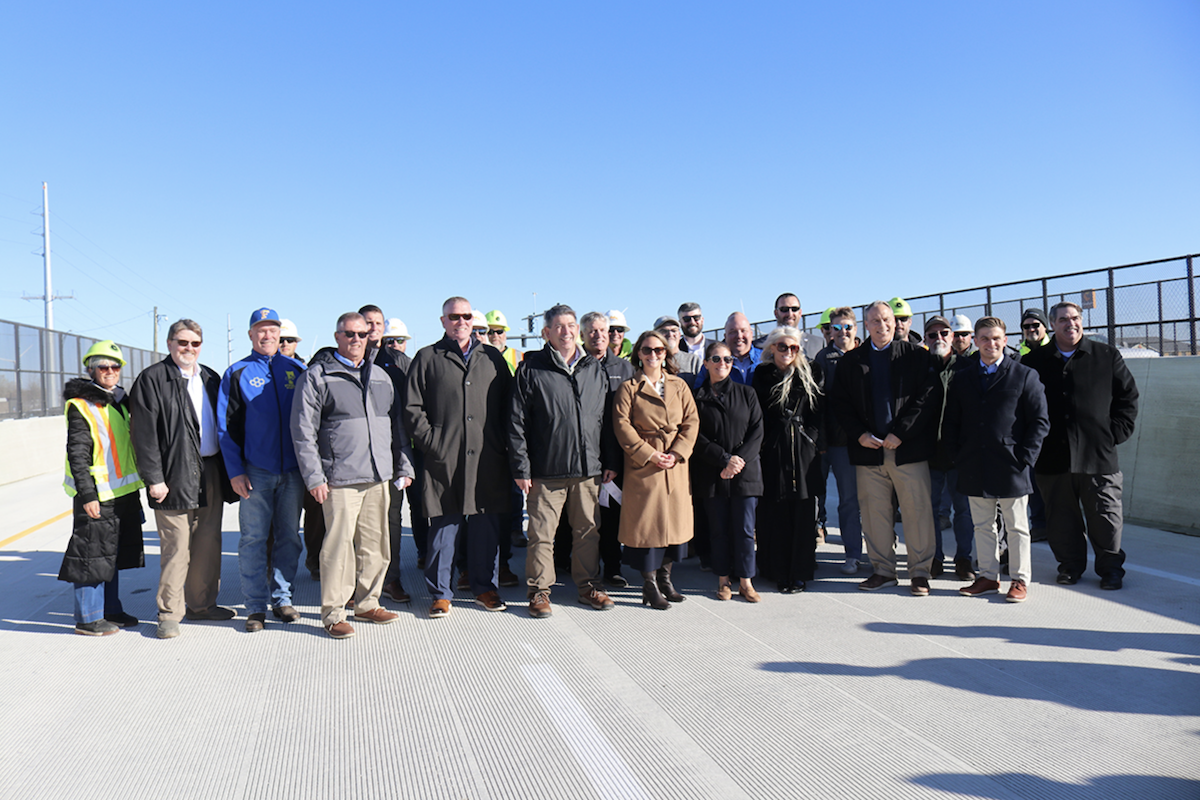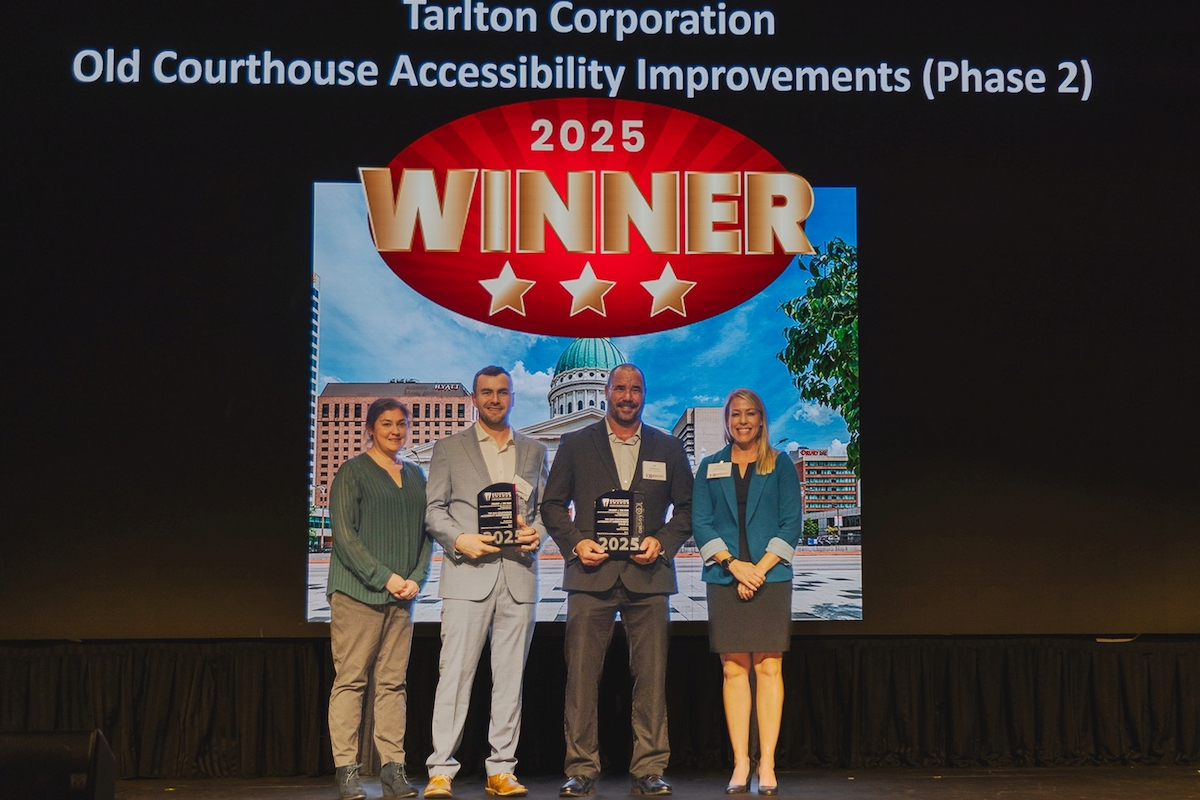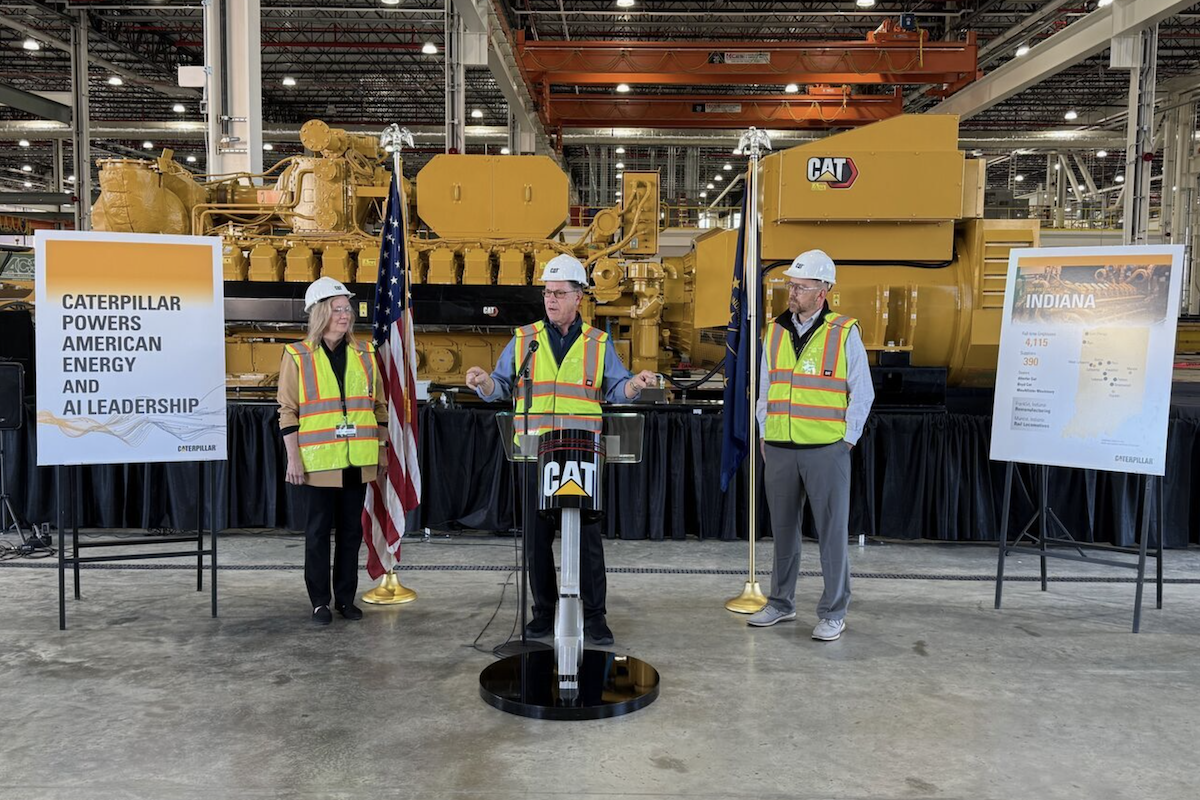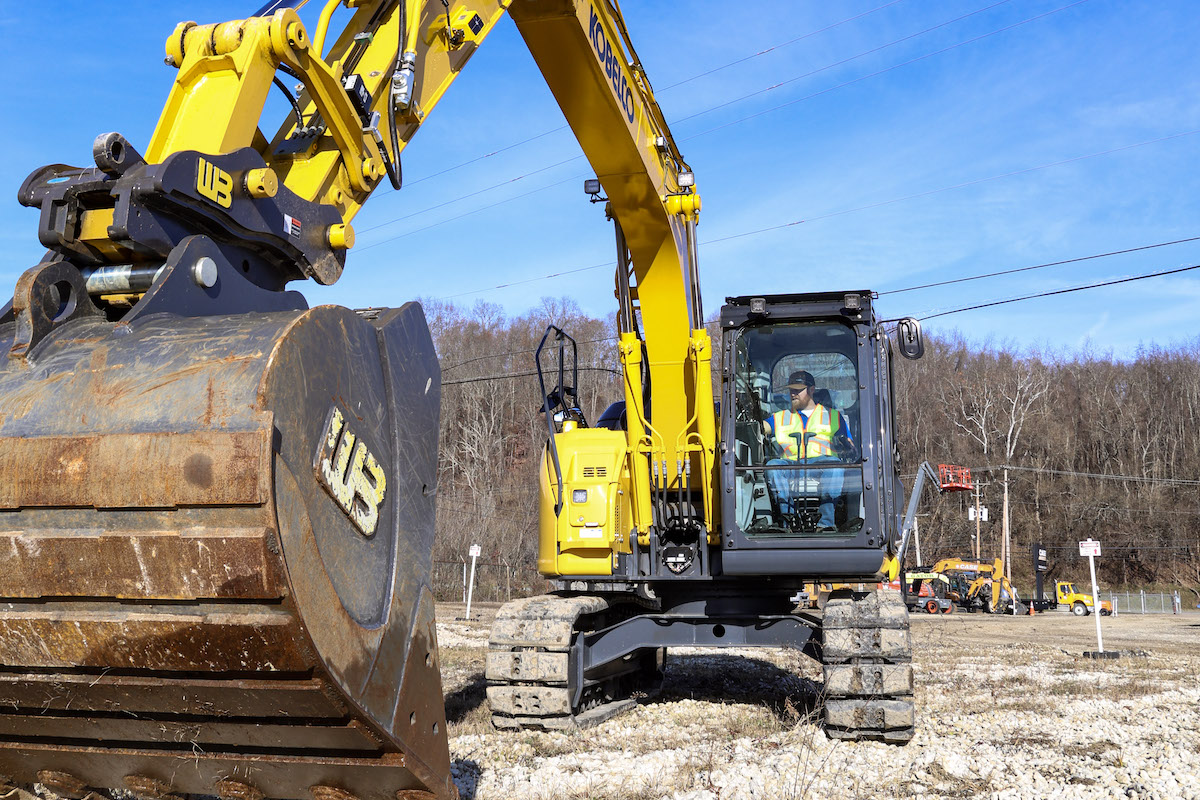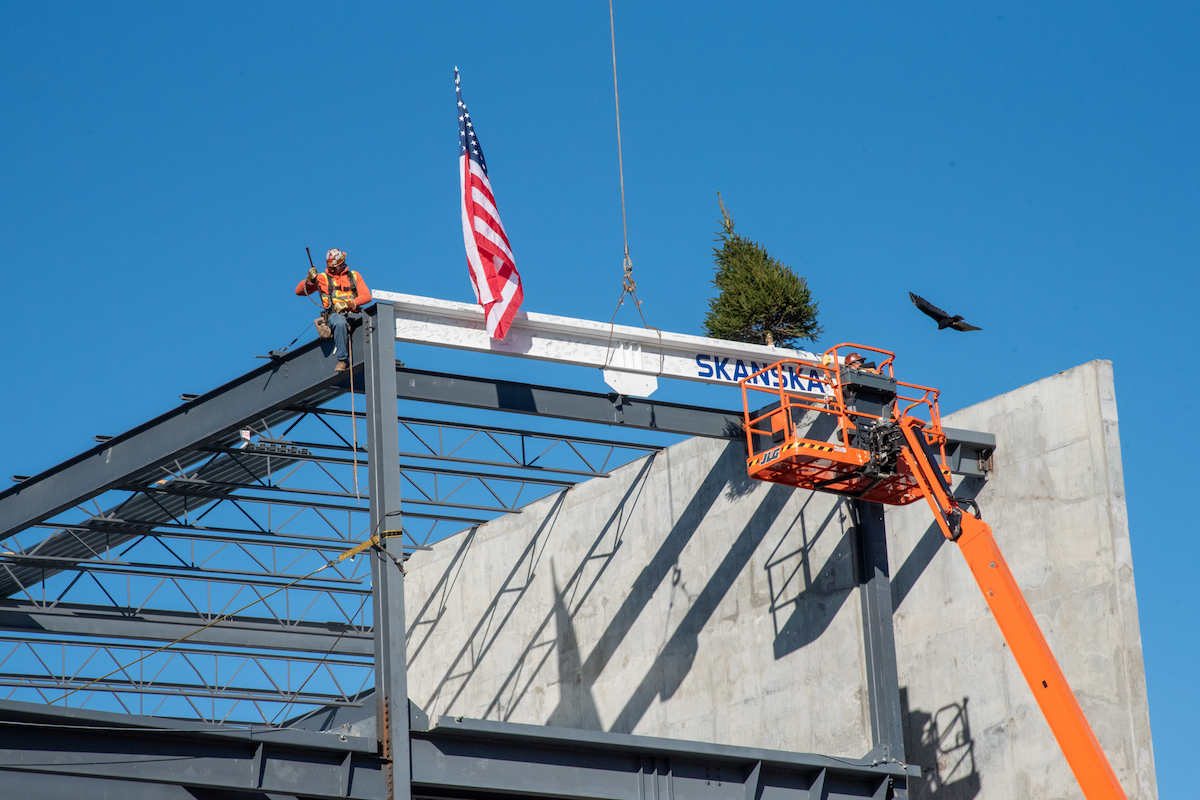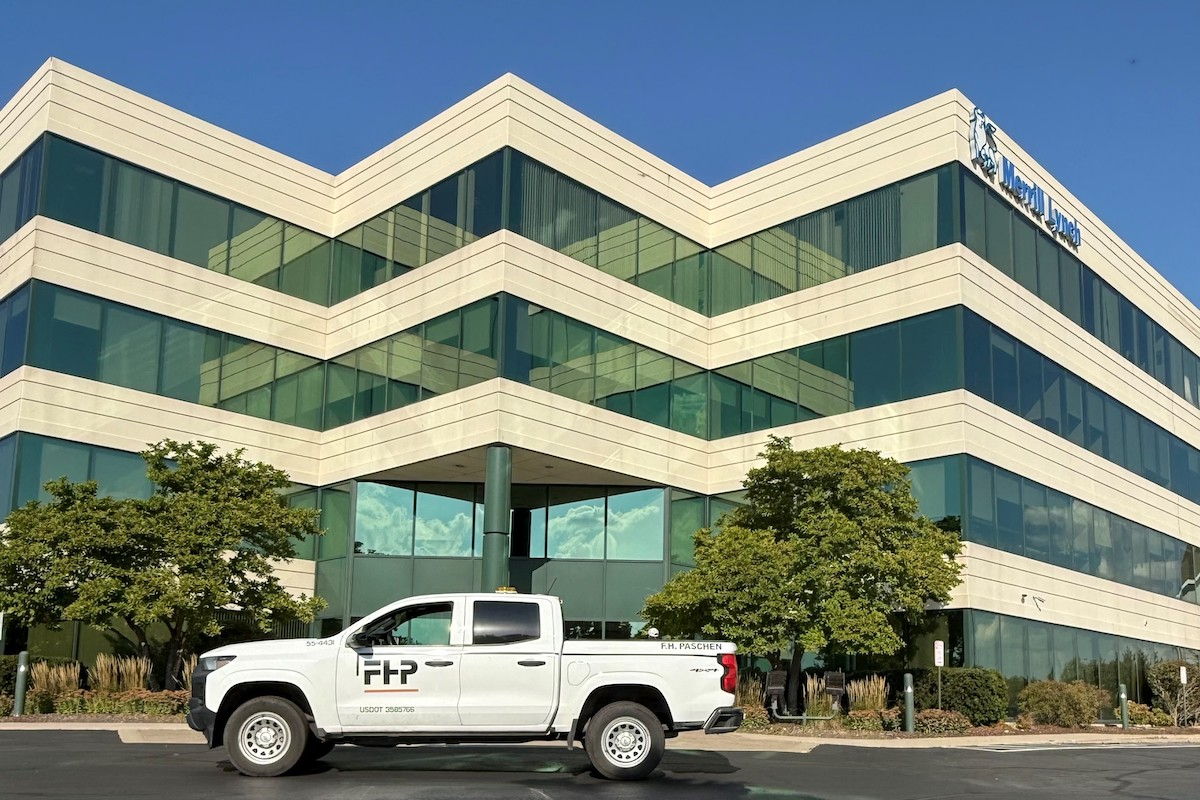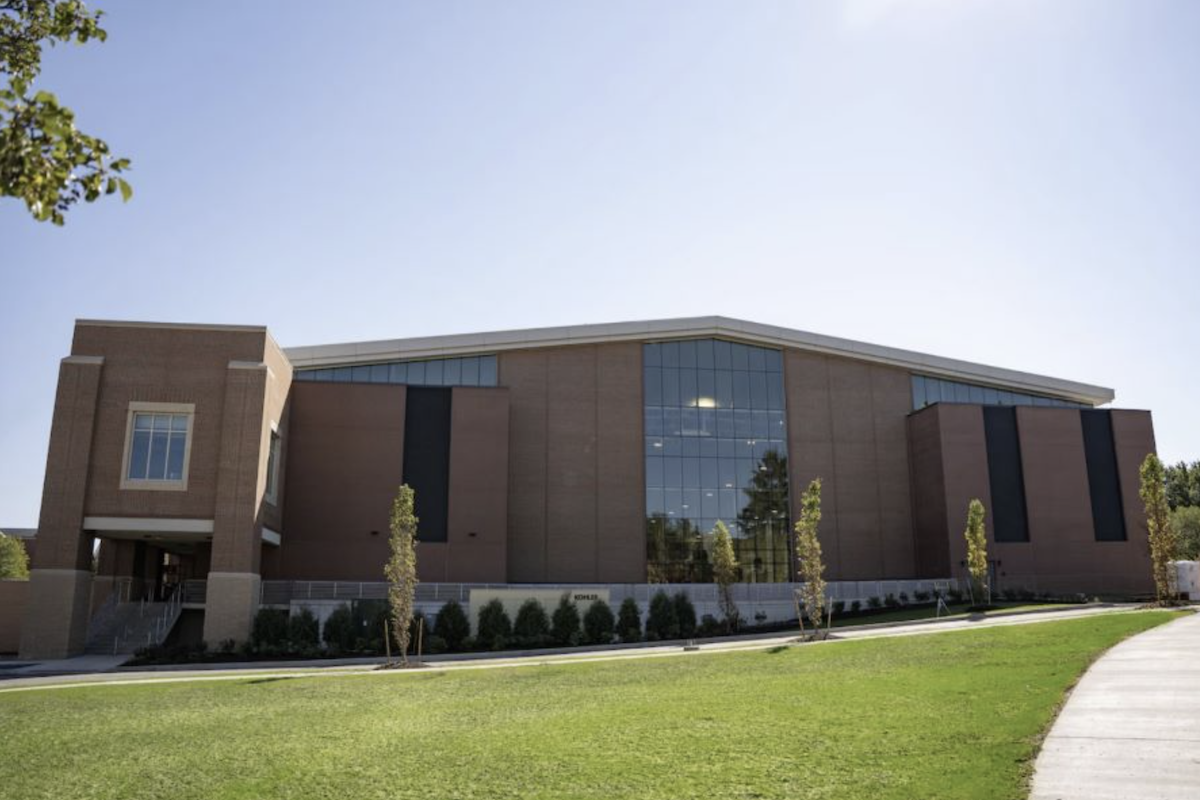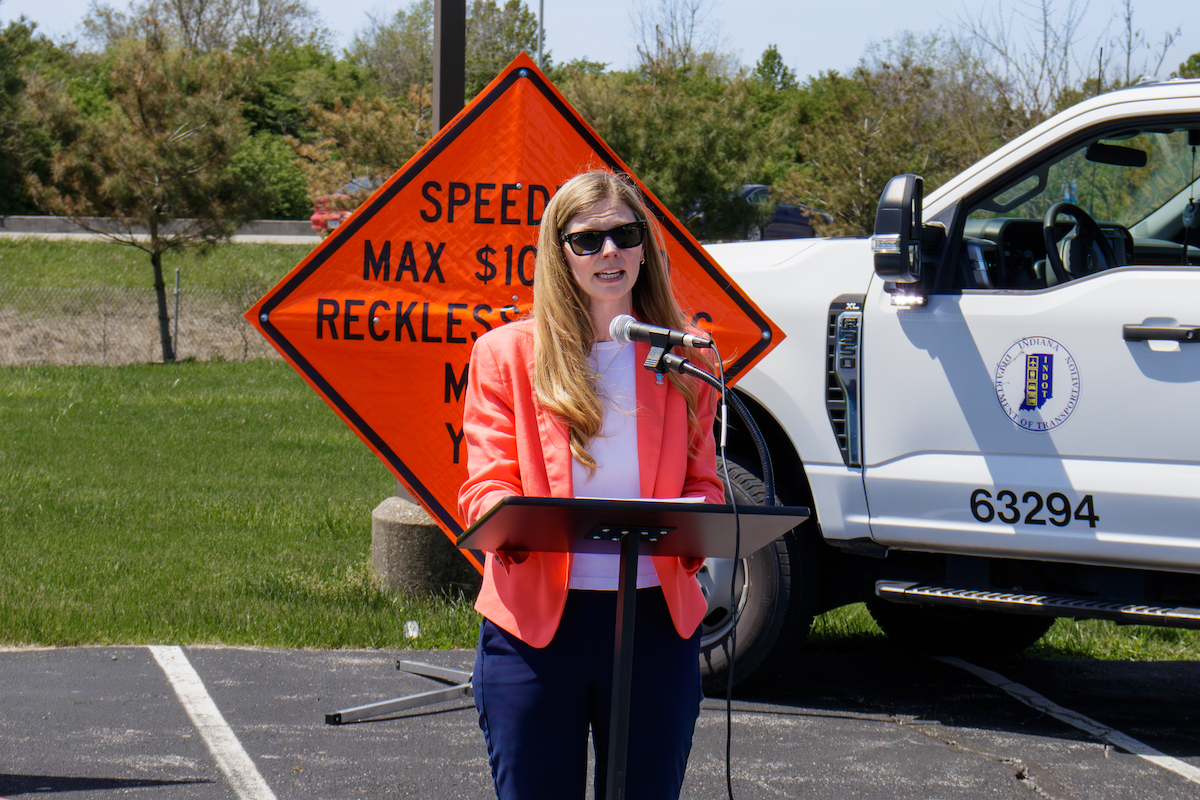Legislation enacted this year offers Texas employers sales tax incentives to hire new apprentices, especially in emerging areas like technology, marketing, engineering, artificial intelligence, and more. With the help of the Coalition for Apprenticeship Partners in Economic Development (CapEd) based in Austin, Texas – and the nonprofit’s Founder and Chief Strategist Sylvia O. Praesel, M.A. – Senate Bill 1524 passed with bipartisan support and went into effect January 1, 2022.
Praesel has worked for years to promote apprenticeships in all occupations as a way to help alleviate the labor shortage and student loan debt crisis. She dealt with her own student loans after earning a bachelor’s degree in political science from St. Edward’s University in Austin, Texas, and a master’s degree in legal studies from Texas State University in San Marcos, Texas.
When she served as an Adjunct Professor at Texas A&M International University in her hometown of Laredo, Texas, Praesel found that many students didn’t even have a firm idea of how to use their expensive degrees. She looked for a way to bridge the skills gap as part of exploring a Ph.D. dissertation in public policy and law.
“Much of my research took me to Europe, where I found extensive information on how apprenticeships are a way of life,” she said. “All over the U.K. and many European cities, youth are highly skilled by the age of 18. Since then, I’ve been on a mission to engage and educate everyone about the benefits of apprenticeships.”

| Your local Takeuchi Mfg Ltd dealer |
|---|
| Brandeis Machinery |
In 2015, Praesel founded CapEd with a vision to promote greater collaboration among regional universities, community colleges, technical schools, government workforce development leaders, and the private sector. CapEd focuses on building awareness and advocating for the expansion of more diversified apprenticeship programs to attract and retain the people necessary to fill workforce demands.
Praesel started her legislative career as an undergraduate intern in the office of the late Texas Governor Ann Richards. Later, Praesel served as Chief of Staff for a member of the Texas House of Representatives, then Legislative Liaison at Andersen and Deloitte & Touche. She founded Praesel Consulting LLC in Austin, Texas, in 2009. The firm provides public policy research, writing, and advocacy and creates public-private partnerships.
In her interview with Texas Contractor, Praesel shares lessons she learned in her career, as well as ways the construction industry can benefit from the new legislation and fill more positions through apprenticeship programs.
What’s the best advice you received?
Stay the course and persevere even in the midst of adversity.
What lessons have you learned in your professional life?
To stay humble and grateful for all the individuals we meet along the way – the good, the bad, and the ugly – because they all serve a purpose.

| Your local Wirtgen America dealer |
|---|
| Brandeis Machinery |
Why did you start CapEd?
To help alleviate the $1.8 trillion in U.S. student loan debt and to bridge the skills gap. We do this through our outreach and advocacy coalition efforts that inform employers in all industries of the benefits of apprenticeship programs while promoting legislation for a tax incentive for employers.
How do apprenticeships reduce student debt?
Because apprenticeships are an earn-and-learn model, there’s no debt to the student. Apprenticeships allow them to earn a living wage while gaining an affordable post-secondary education and national credential that creates a promising and meaningful career pathway.
What professional achievement makes you proudest?
Designing the legislation passed by both the Texas House and Senate and ultimately signed into law by Governor Greg Abbott. Our stakeholders fought hard to implement this best practice. Currently, over 20 other states offer employers a tax incentive for expanding and creating new apprenticeship programs. While this legislation is a game-changer for Texas, we have a long way to go to ensure apprenticeships are implemented across the board in all occupations.
What incentives does the new legislation offer?
This legislation is a five-year pilot project, so the $2,500 sales tax refund is limited to six apprentices per employer each year. That means up to a $15,000 sales tax refund for five taxable years, for a maximum of $75,000. The legislation encourages at least half of the apprentices to be a veteran, military spouse, woman, or aged-out foster youth in order to be eligible for the full tax credit.
How can the construction industry recruit more people into existing apprenticeship programs?
Focus resources on collaboration and coordination with regional high school counselors and students. Many schools already have great relationships with their regional employers, but we must do more to establish direct employer-student relationships that expose students to additional options for meaningful career pathways. This will create sustainable communities, leading to economic development and growth.

| Your local Leica Geosystems Inc dealer |
|---|
| Laser Specialist inc |
How can the construction industry expand apprenticeship programs?
Bring back hands-on construction shops within high schools while enhancing the use of advanced technology and equipment that require more technical training. Construction companies can create apprenticeship programs for exposure to construction jobs and learning new software programs that will improve efficiencies.
What resources are available?
The U.S. Department of Labor jointly with the Texas Workforce Commission are the guiding entities and great resources, in line with each regional workforce board called Workforce Solutions. Our Texas Workforce Commissioners representing employers and labor are doing a fantastic job in our collaborative effort to create awareness and provide all the resources and tools necessary to help a business establish an apprenticeship program.













